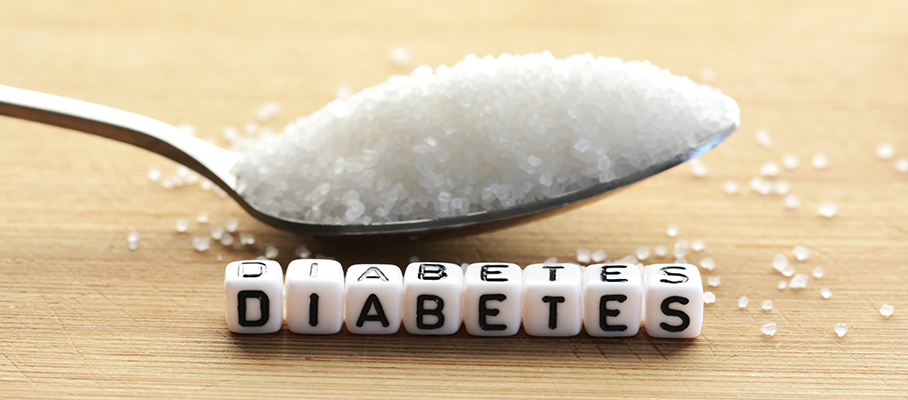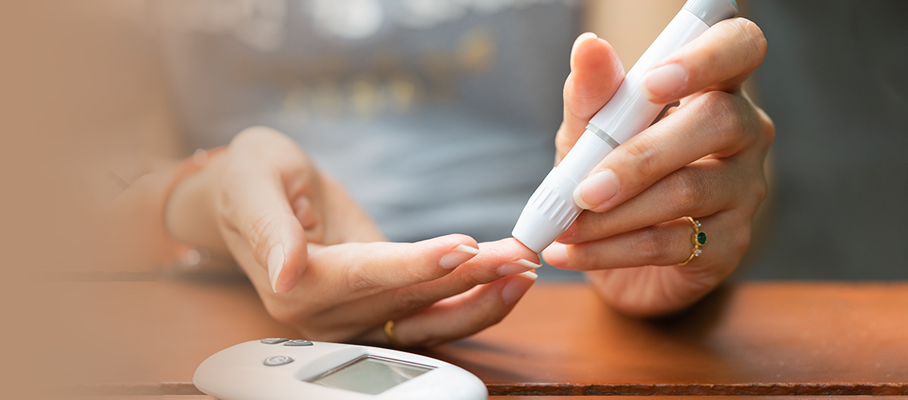Diabetes test near me
How to Manage Diabetes While Traveling? Tips For Monitoring
“To Travel is to live” as said by Hans Anderson. Traveling is an important part of our life. Be it work related or a holiday - traveling is fun and it lets us explore new places, surroundings, meet new people, discover different kind of food and culture. But for diabetics a crucial question while traveling is how to manage their diabetes and enjoy the travel without any hassle. Hang on! A little bit of homework, planning, scheduling and packing properly can help you manage your Diabetes hassle-free. Here are some tips that can help you before and during your travel – Before you travel: For longer travels that involve more than 3 or 4 days, meet your doctor and get a basic health assessment done. Get the basics sorted. If on Insulin, get the dosages adjusted and carry your medical supplies likewise. You also need a letter from the Physician and an ID card mentioning about Diabetes and so you need to carry certain medicines and equipment (like Glucometer/Insulin pens/pump) You should have a travel insurance ready in case of emergency healthcare. If traveling out of country be informed about the different time zones, set your watches accordingly. Inform the airline company about your diabetic condition and things that you need to carry. Locate nearest pharmacies, health clinics at your destination. According to the World Health Organization (WHO), India had 69.2 million people living with diabetes in 2015. And number of incidences of Diabetes are on rise – Get yourself regularly checked for Diabetes Packing: Make a checklist of the crucial things that you need to carry in your Diabetes Kit. Carry extra medicines Glucometer, test strips and needles, batteries Insulin pens (if using), gel packs (to store them) Healthy Snacks in case of delays in meals Glucose tablets/powders to avoid Hypoglycemia Contact details of the Endocrinologist who is treating you Basic First aid kit If traveling by air, you can keep the above things in hand luggage. During the travel: Keep checking your sugars more frequently than regular, especially if you are in a completely different climate and time zone. While you travel by road or railway try carry a whole day’s meal and some snacks with you to avoid eating anything unhealthy. It can be Theplas/Parathas/Khakra/Lemony Daliya with Chutney can stay fresh for a day or two. Keep some snacks ready if you tend to miss the meals like Dried fruits/Nuts/Fresh Fruits/Homemade snacks. You can get Healthy food at the airport too. Discuss about the available options there with the help of Dietitian. Healthy food is not difficult to find, know about the local healthy cuisines and try them. Stay Hydrated especially in hot climate areas to avoid dehydration. Try not to miss your regular exercise routine. Stay Active. Insulin care: For keeping Insulin cool, gel packs and Insulin cases are available which keep the Insulin cool up to 40 hours. You can also wrap the Insulin bottles in thick cloth napkin dipped in cold water. It is true that Diabetes makes day-to-day life a bit more challenging but do not let it come in the way of enjoying life. Happy Travelling! To know more about Diabetes Monitoring Tests & Profiles, click here Contributed by Mayuri Joshi – Dietitian
Diabetes a silent killer with serious long-term effects
Diabetes is a metabolic disorder characterised by high blood glucose due to lack of insulin secretion or action or both. Today, the ratio of diabetes is rapidly increasing worldwide, and India would be ranking number one by 2030. Not only adults’ toddlers and kids are also at risk of getting diabetes Let us understand in simple terms why Diabetes occurs and how it can be prevented or managed. The food we eat is digested and converted to glucose, which is then utilised for energy production (or stored in liver and Muscles) through a chain of process mediated by insulin hormone secreted by Pancreas. Change in production levels or action of insulin hormone leads to increase sugar levels in blood which is termed as hyperglycaemia (excess blood glucose) or hypoglycaemia (sudden decrease in the levels of blood glucose). Increased blood sugar level is not a one-day game it starts years before in your body but after a certain time it shows it’s presence by damaging some of our systems. Many a times apparently visible healthy individuals with good lifestyle may also have disturbed glucose levels. Diabetes is only caused by eating too much sugar is one of the biggest health myths. What can trigger Diabetes in an individual? Excess intake of carbohydrates Sedentary lifestyle Junk food Overeating Obesity Genetic factors Environmental factors Hormonal disturbance in body Poor sleep In hyperglycaemia fasting blood sugar > 126 mg/dL, Post-prandial > 200 mg/dL and HbA1c > 5.7 whereas in hypoglycaemia blood sugar drops below 70 mg/dL. When fasting glucose is between 100-125 mg/dl and /or PP is 140-199mg/dl this is termed as prediabetes. Normal blood glucose as defined American Diabetes Association is Fasting less than 100 and PP less than 140 mg/dl. The bitter truth is that Diabetes develops silently for years in your body. Most of the time people surprisingly come to know during some or other health check-up that they are affected with irregular blood sugar. For consistent and accurate monitoring of your blood sugar levels at regular intervals check out the DIABETES tests and profiles offered by Metropolis here Signs and symptoms of hyperglycaemia - Increased thirst Lack of appetite Frequent urination Frequent infections Feeling tired or fatigue Sudden weight loss Numbness or tingling in limbs Poor vision Signs and symptoms of hypoglycaemia - Fatigue Excess hunger Shakiness Bouts of confusion Heart palpitations Headache Excessive sweating To manage or prevent hypoglycaemia, keep an eye on blood sugar levels at regular intervals and take proper balance diet and exercise. Known diabetics who are on medication must carry sugar/candy pouch for contingencies. If not taken care of in time diabetes will damage your vital organs like kidney, nervous system, heart, eyes, brain and would lead to fatal diseases like heart attack, renal failure and stroke. 3.4 Million deaths in India occur due to high blood sugar. So, if you consistently see any of the above signs and symptoms particularly those mentioned for hyperglycaemia please visit a doctor and get your sugar test done and take a proper diet and exercise guidance from qualified dietitian to prevent yourself from this silent killer. Learn more about Types of Diabetes and its Signs & Symptoms: https://youtu.be/69OU-JSALtE
 Home Visit
Home Visit Upload
Upload
















 WhatsApp
WhatsApp